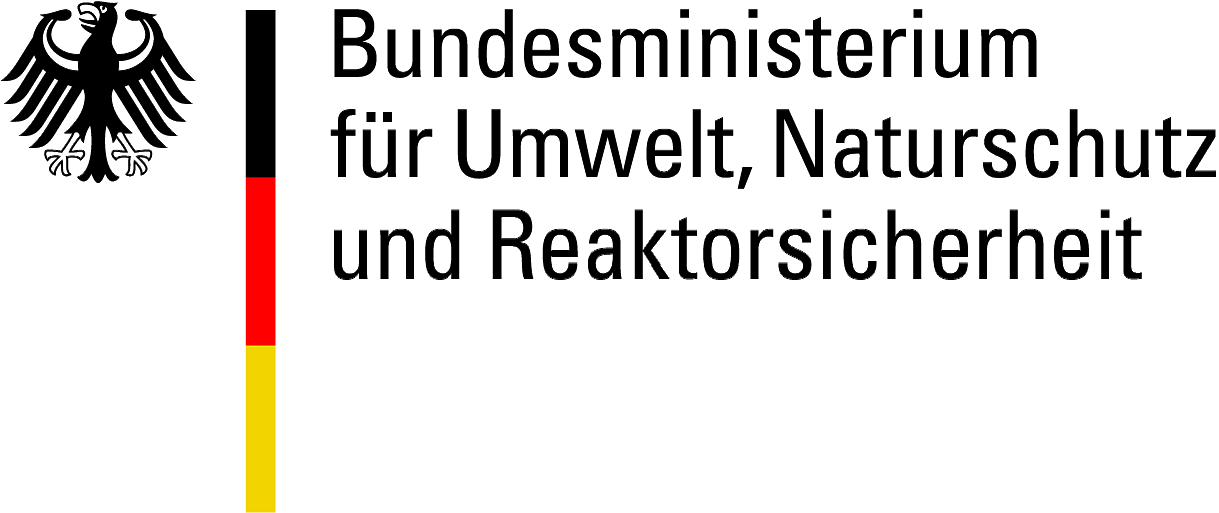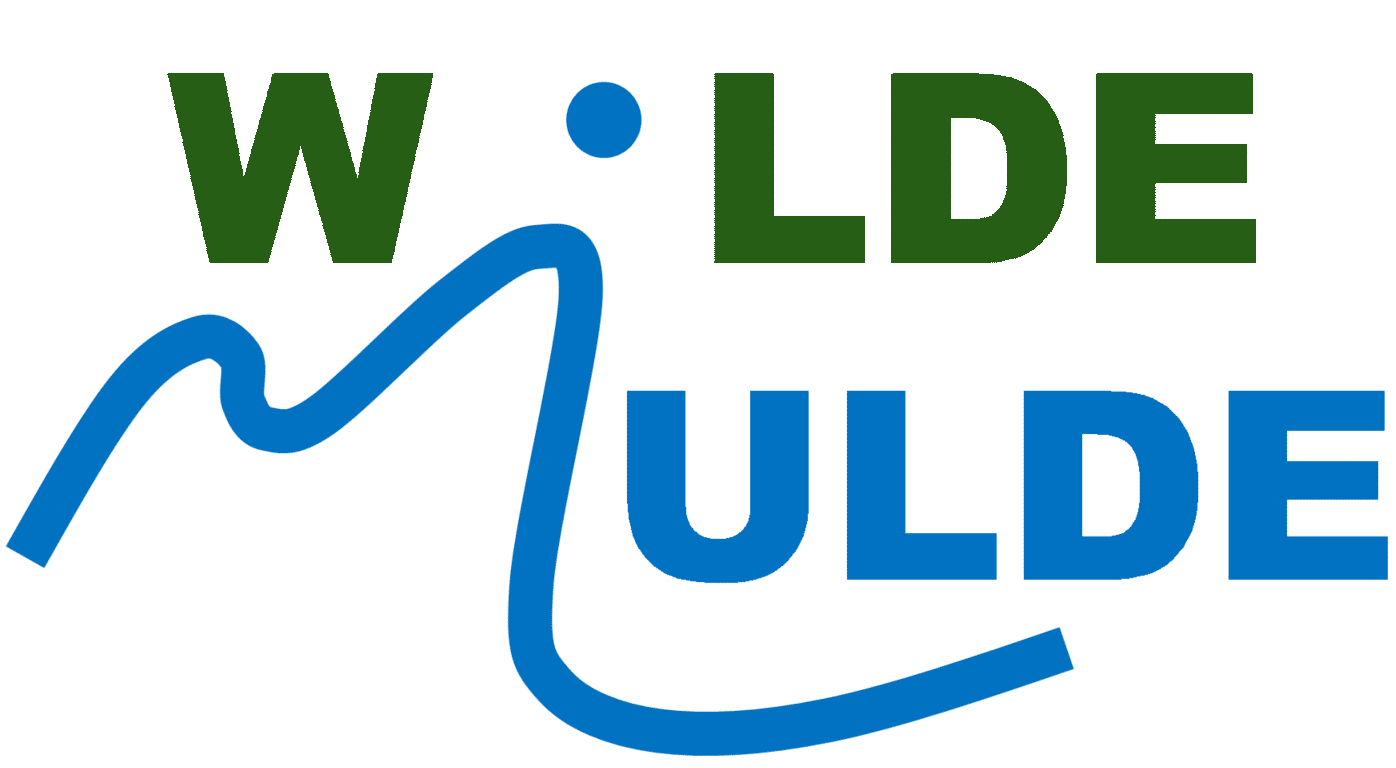
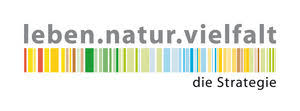
WILDE MULDE - Restoring a wild river landscape in Central Germany (WilMu)
Joint project coordination: WWF Germany
Scientific project lead: Prof. Dr. Klaus Henle
Scientific project coordination: Dr. Christiane Schulz-Zunkel, Dr. Mathias Scholz
Project staff: Dr. Christiane Schulz-Zunkel, Hans Kasperidus, Dr. Mathias Scholz, Claudia Tavares, Michael Vieweg
Funded by: BMBF, BMUB, BfN
Project duration: December 2015 - March 2021
Project outline
Near-natural rivers and their floodplains are habitats of extraordinary importance for biodiversity. They connect several habitats with each other and providea an exceptional amount of ecosystem services on various scales. At the catchment scale, they mitigate flood events, retain sediments as well nutrients and pollutants associated with them; at the local level, they provide a variety of habitats and are therefore important areas for the protection of biodiversity. Key cparameters for the conservation and promotion of biodiversity and ecosystem services in river landscapes are diverse river-internal hydromorphology and its interaction with ecological processes as well as the dynamic connectivity between the river and its adjacent floodplain.
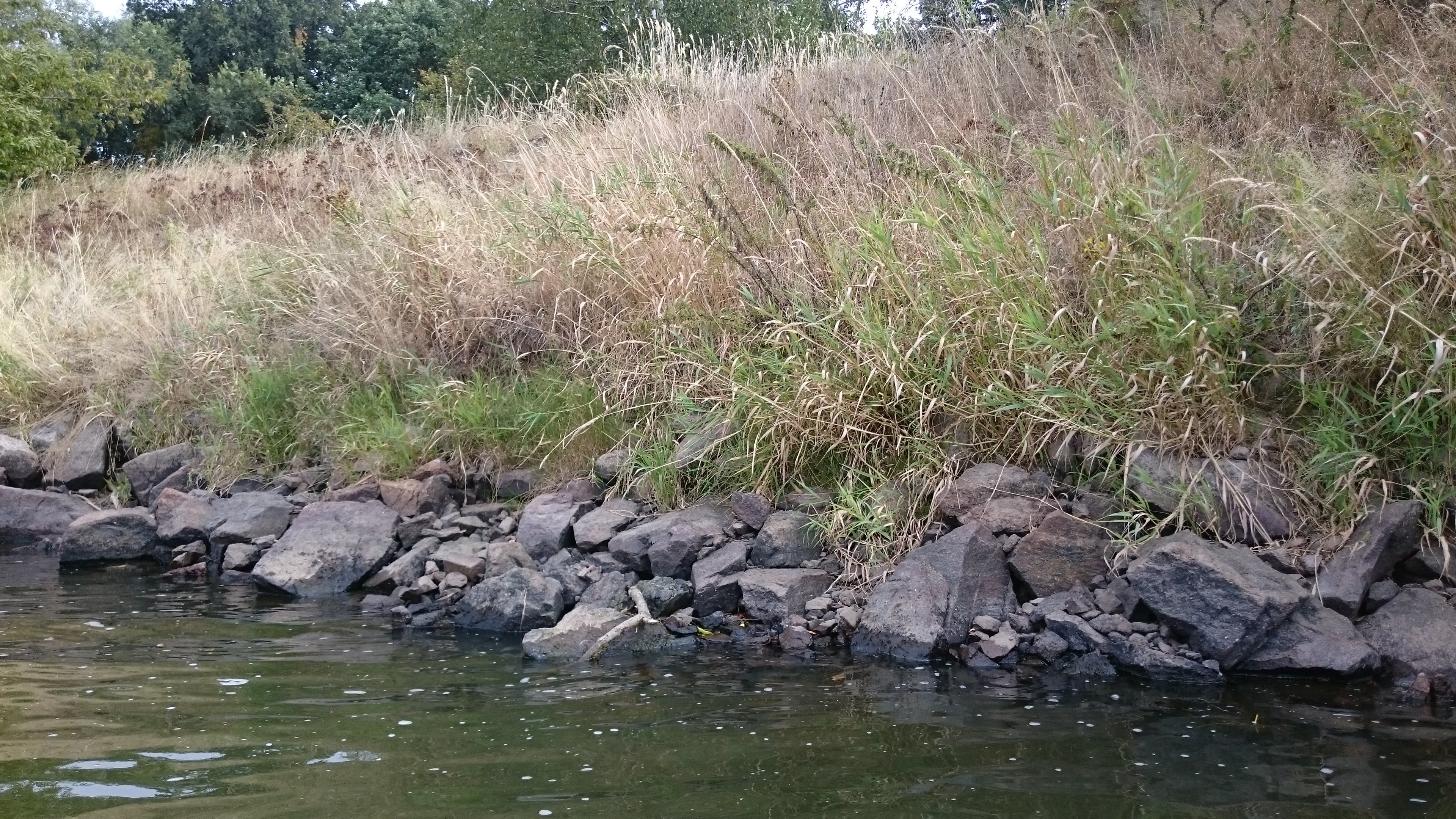
Fixed river bank at the lower Mulde, Photo: WWF
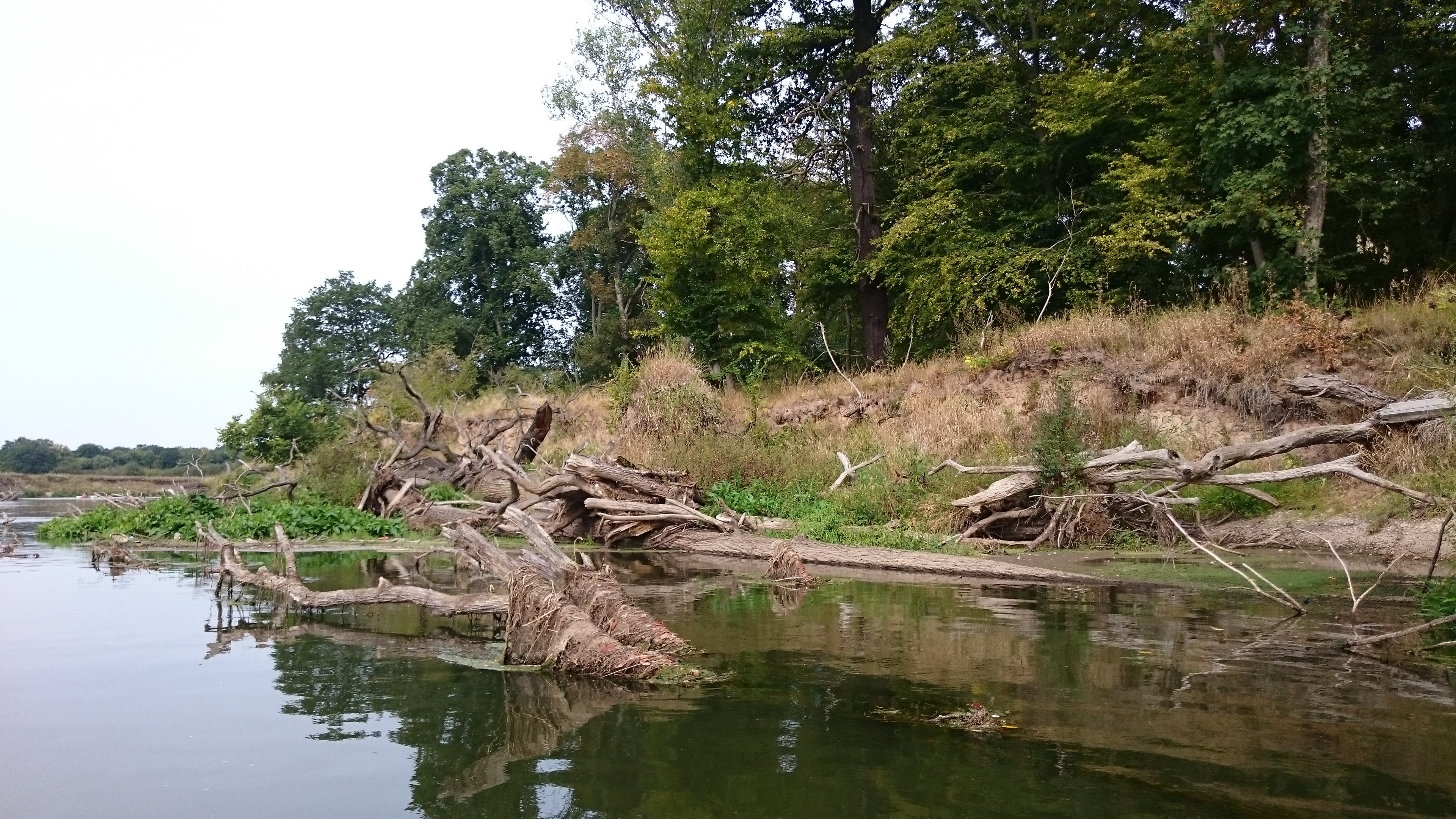
River wood in the lower Mulde, Photo: WWF
However, the naturalness of river landscapes is significantly reduced due to the strong anthropogenic usage of river landscapes. The joint project "Wilde Mulde" aims to restore the Lower Mulde river at three sections from the estuary on 24 river-km upstream to promote the river's interaction with its adjacent floodplains. The following restoration measures are planned for this purpose:
- increasing the amount of river wood
- the restoration of natural riverbanks,
- the connection of a side arm,
- the initial development of hardwood forests.
The local population is actively involved in the implementation process to increase acceptance. The resulting processes of changes due to the restoration are to be experienced by a broad public through time-lapse photography. Comprehensive ecosystem-related research work is also integrated.
Natural river bank at the lower Mulde, Photo: UFZ
Gravel bank at the lower Mulde, Photo: UFZ
Internships and Thesis
Furthermore, we offer qualified and committed young people the possibility of Internships and final thesis. If you are interested, please send an unsolicited application via the UFZ-Personalportal.
Further information
Scientific project partners:
Helmholtz Zentrum für Umweltforschung, Department Fließgewässerökologie (Prof.Dr. Markus Weitere, Dr. Mario Brauns, Dr. Martina Baborowski, PD Dr. Wolf von Tümpling)
Technische Universität Carolo Wilhelmina zu Braunschweig, Leichtweiß-Institut für Wasserbau (Dr.-Ing. Katinka Koll)
Universität Leipzig, AG Spezielle Botanik und Funktionelle Biodiversität (Prof.Dr. Christian Wirth, Dr. Carolin Seele, Lena Kretz)
Hochschule für Technik und Wirtschaft Dresden, Fakultät Lanbau/Umwelt/Chemie (Prof. Dr. Frank Dziock, Claudia Schmidt)
Leibniz Universität Hannover, Institut für Umweltplanung (Prof.Dr. Christina von Haaren, Cedric Gapinski)
Wassercluster Lunz (Prof.Dr. Thomas Hein, Dr. Elisabeth Bondar-Kunze)
Project and cooperation partners:

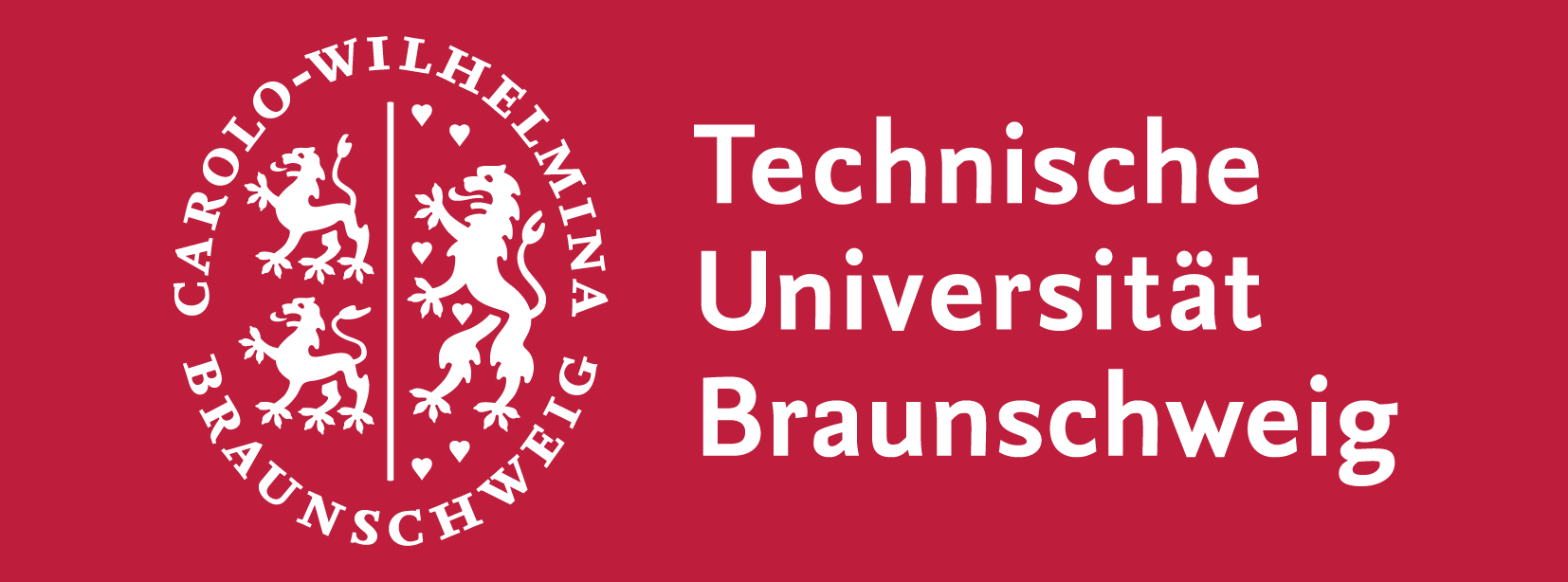



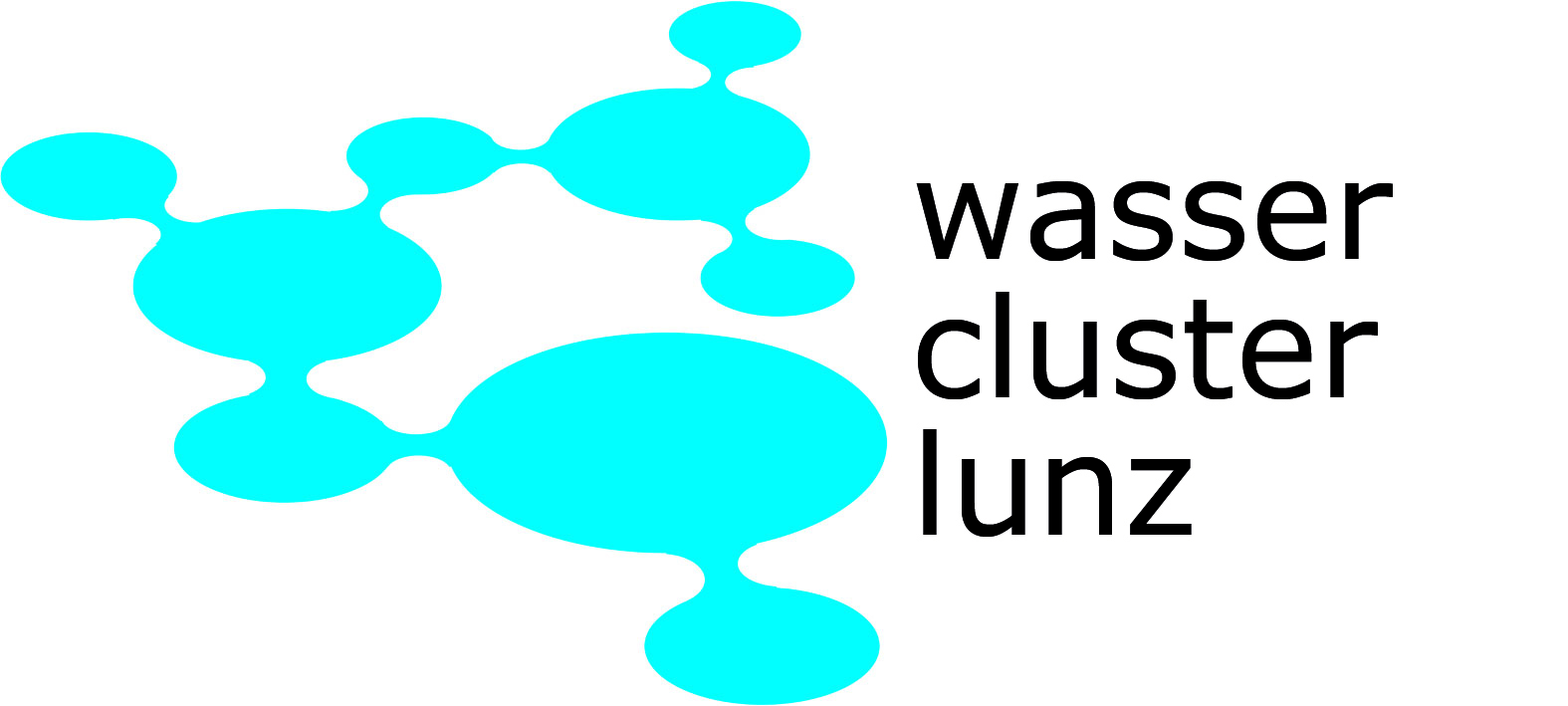

.jpg)

Funded by:

